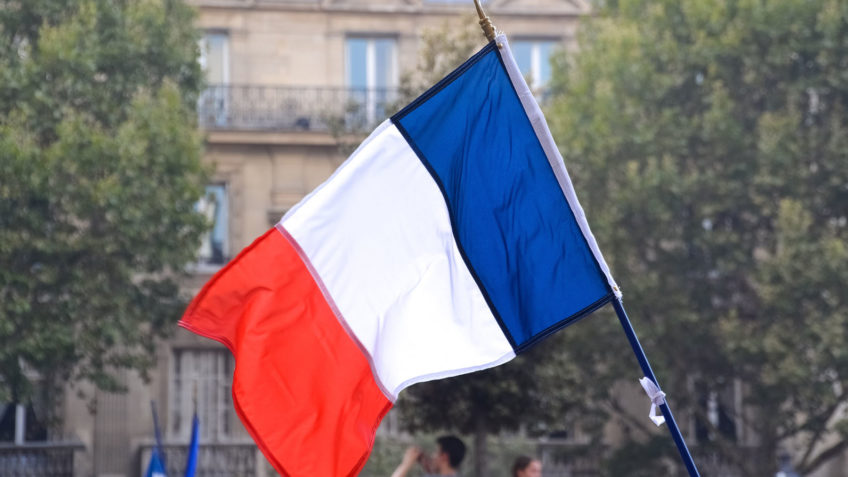
Published 07/07/2024 09:59 | Edited 07/07/2024 10:38
France will decide this Sunday (7) on the composition of the National Assembly with a high possibility of victory for the extreme right and indecision regarding the choice of the prime minister.
The polling stations opened at 8 am local time (3 am in Brasília) and are expected to run until 8 pm (3 pm in Brasília). The Interior Ministry is expected to publish the first voter data and estimates shortly after the polls close.
In this second round, 501 seats are up for grabs out of a total of 577 deputies in the National Assembly. Last Sunday, 76 candidates were elected in the first round after obtaining more than 50% of the votes in the constituencies (circonscription, in French). Of these, 32 are from the National Rally, a far-right party led by Marina Le Pen and her protégé Jordan Bardella.
The New Popular Front, a coalition of left-wing parties and movements that have joined forces to try to contain the far right, won 32 seats in the new National Assembly. Meanwhile, Juntos, the group of parties led by current president Emmanuel Macron, won just two seats in the first round.
To form an absolute majority, the party or coalition needs to reach the number of 281 deputies. A survey published last Thursday (4) by the French Institute of Public Opinion (IFOP, in its French acronym) indicated that RN should be the acronym with the most elected parliamentarians, between 210 and 240 seats, but far from an absolute majority.
The IFOP survey places the NFP as the second largest force in the new legislature with 170 to 200 elected deputies. Macron’s Juntos would have between 95 and 125 seats.
Sanitary cordon to isolate the newborn
Despite the friction created by political disputes between the left-wing New Popular Front and the liberal right-wing Juntos, the republican front, the classification as the effort of democratic forces in an attempt to isolate the extreme right became known, implemented a strategy known in France as the “cordon sanitaire”.
Around 220 candidates eligible to compete in the second round have withdrawn from disputes involving three or four candidates in the electoral districts. The intention is to make the candidate from the Republican front more able to face the candidate from the extreme right as the only option on the ballot.
Of the 218 withdrawals, 131 are from the left, led by the New Popular Front (NFP), and 82 from President Emmanuel Macron’s coalition, Juntos (Ensemble, in French).
The French political system divides the country into 577 electoral districts, each of which is represented by just one deputy. To be elected, a deputy must win a simple majority (50% + 1 vote) in the first round or be the most voted (proportionally) in a second round contested not only by two candidates, but by the number of candidates who achieve a minimum of 12.5% of the votes.
This peculiarity of French politics creates the possibility of so-called triangular disputes — when there are three candidates in the 2nd round.
This strategy has already been used in other elections in which the far right reached the second round with a chance of victory, such as in 2002, when the right-wing candidate Jacques Chirac, from the Republicans, received support from center and left-wing parties to defeat Jean-Marie Le Pen, from the then National Front.
Source: vermelho.org.br

